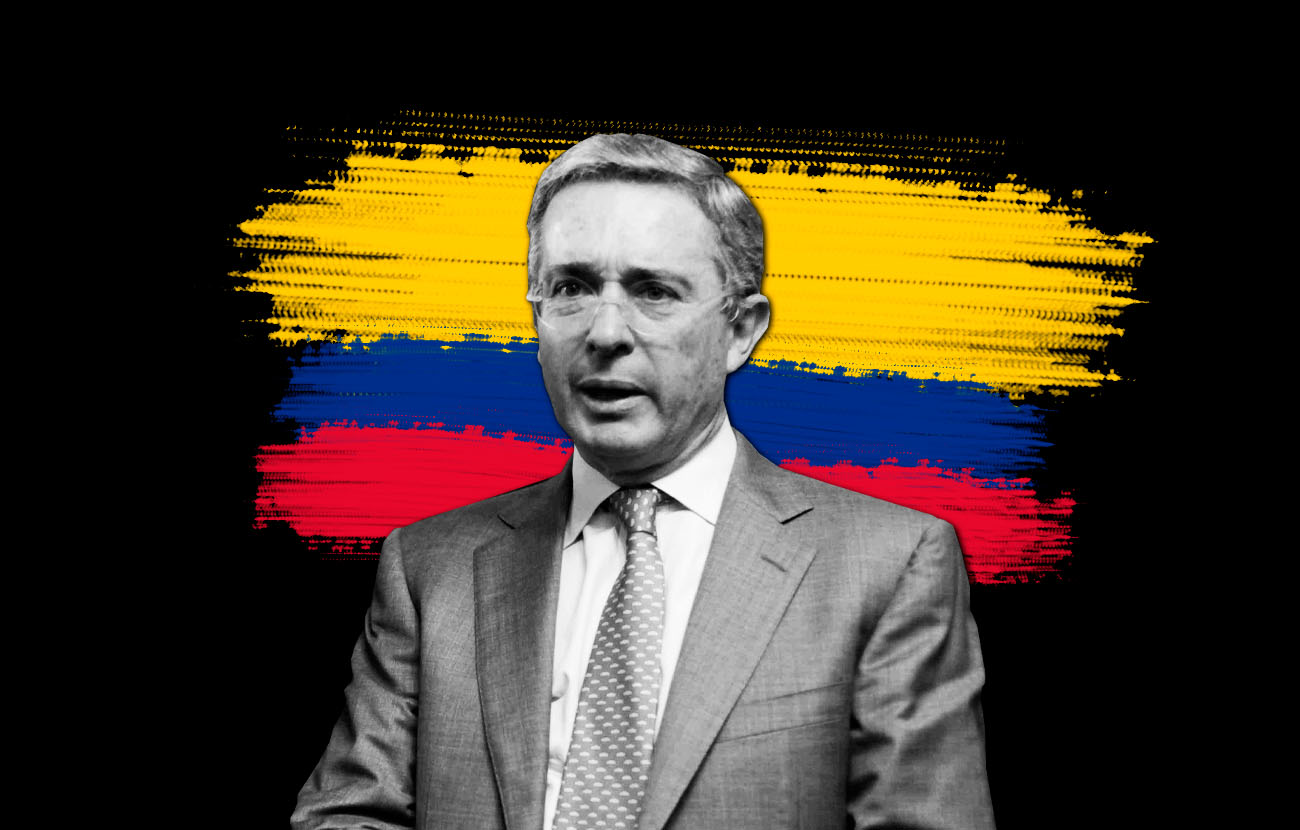Soft on Terrorism.
The well-worn phrase is one that the US public has grown accustomed to. Like nationalism, it is a tactic that political campaigners use in attempts to disparage one candidate while strengthening the other.
During the 2008 presidential campaign in the United States, Republican candidate John McCain accused Democratic candidate Barack Obama of being soft on terror. So did his supporters:
Former New York City Mayor Rudy Giuliani tells people at the RNC just two months before voting in 2008 that “2008 is the most important election of our lifetime. And we better get it right”, suggesting that if the American electorate does not get it right, the country is at risk of attacks from would-be terrorists.
As campaigning heats up leading up to the first round of elections on May 30, it appears as if some of the same tactics are playing out in Colombia.
Although incumbent Alvaro Uribe is prohibited from endorsing a particular candidate in the 2010 elections, he is making attempts to support his inexplicitly chosen candidate, Juan Manuel Santos, by suggesting that a rising competitor, Antanas Mockus, does not have the chops to combat insurgent terrorist groups in Colombia.
Nor is Uribe the only one doing this. Andres Felipe Arias, a former Minister of Agriculture and Rural Development and staunch Uribe supporter, claimed on April 13 that it will be ineffective to confront the FARC with “cutesy gestures and sunflowers”, a direct reference to the symbol of the sunflower used by the campaign of green party candidate Antanas Mockus.
Additionally, the Mockus team has had to combat the accusation that Mr. Mockus’ suffering of Parkinson’s disease will not interfere with his decision making abilities. Santos’ vice-presidential candidate says the Santos camp won’t use his illness as a campaign tactic.
But the damage may already be done. The importance of appearing physically fit cannot be underestimated.
Mockus has addressed these accusations directly, saying he is qualified to combat the FARC. Yet this type of campaigning suggests that, although security has greatly improved in Colombia and a poll by El Tiempo in March 2010 says security is no longer voters’ primary concern, it still is a commonly-used political platform.

Reply